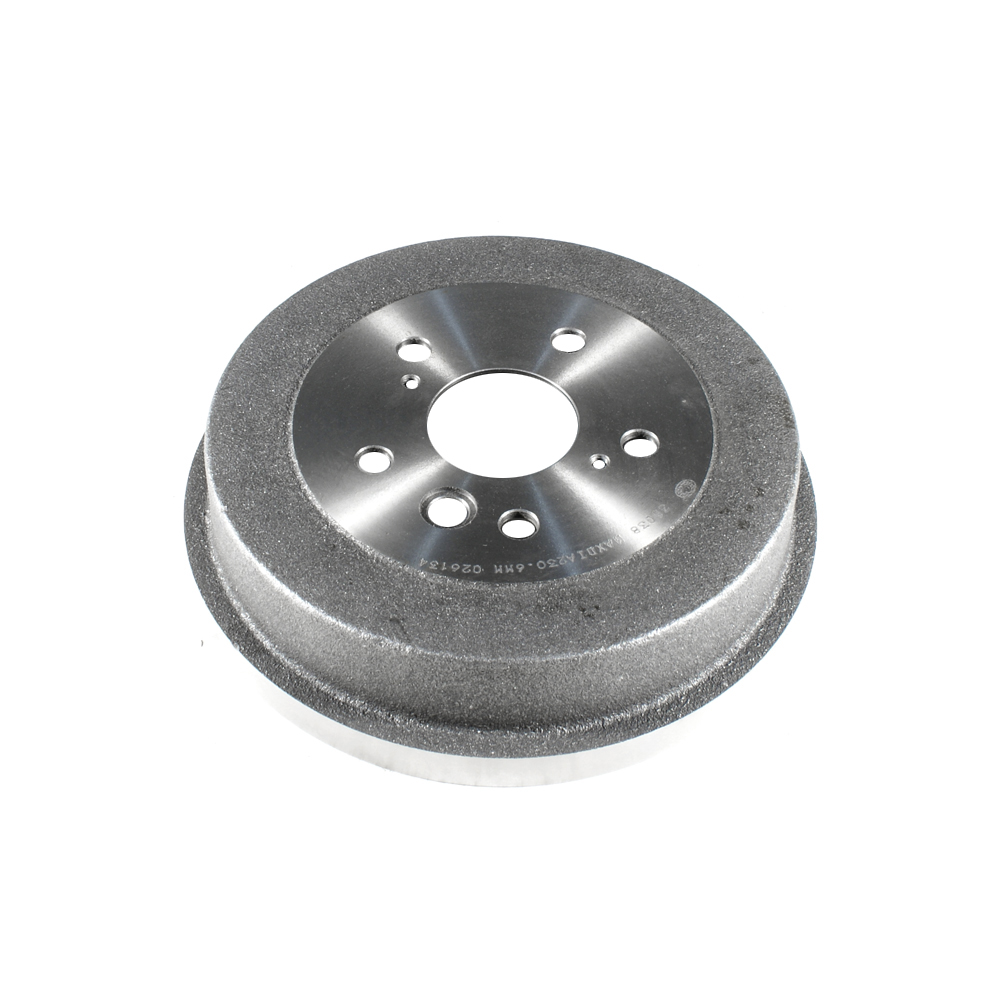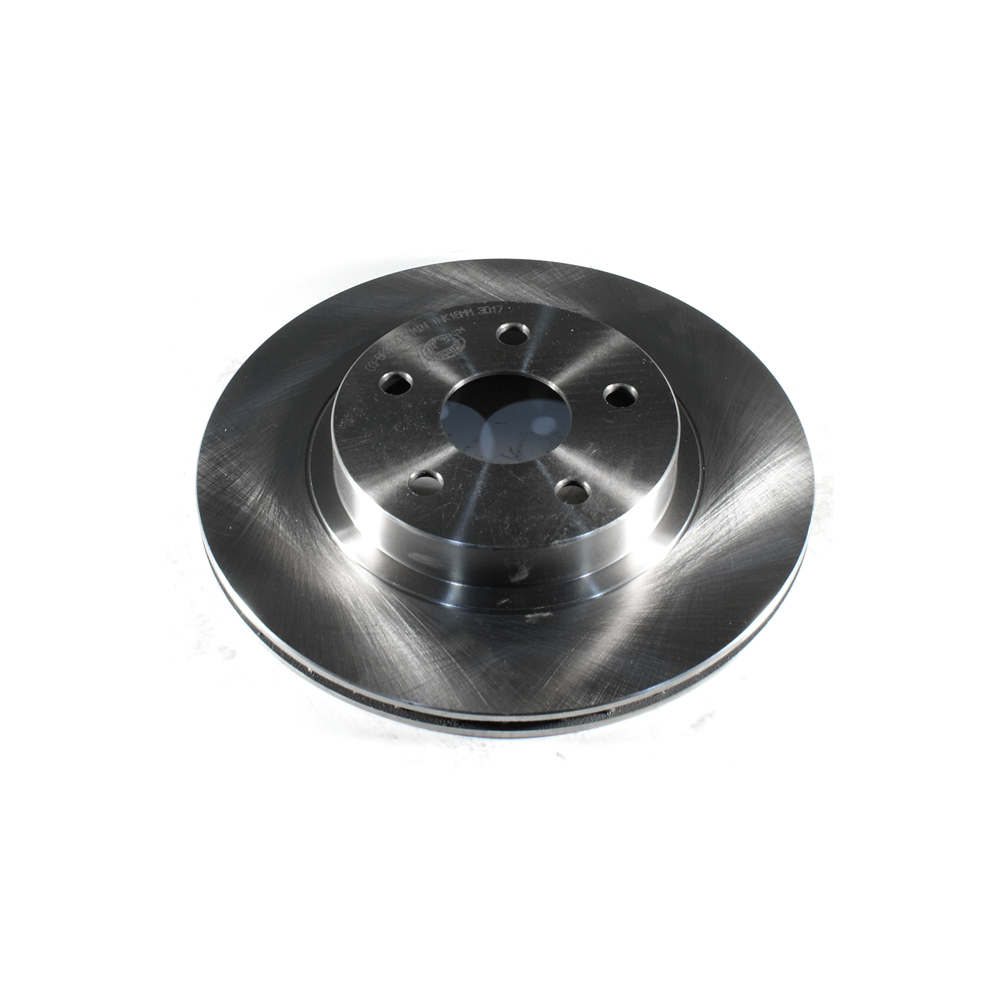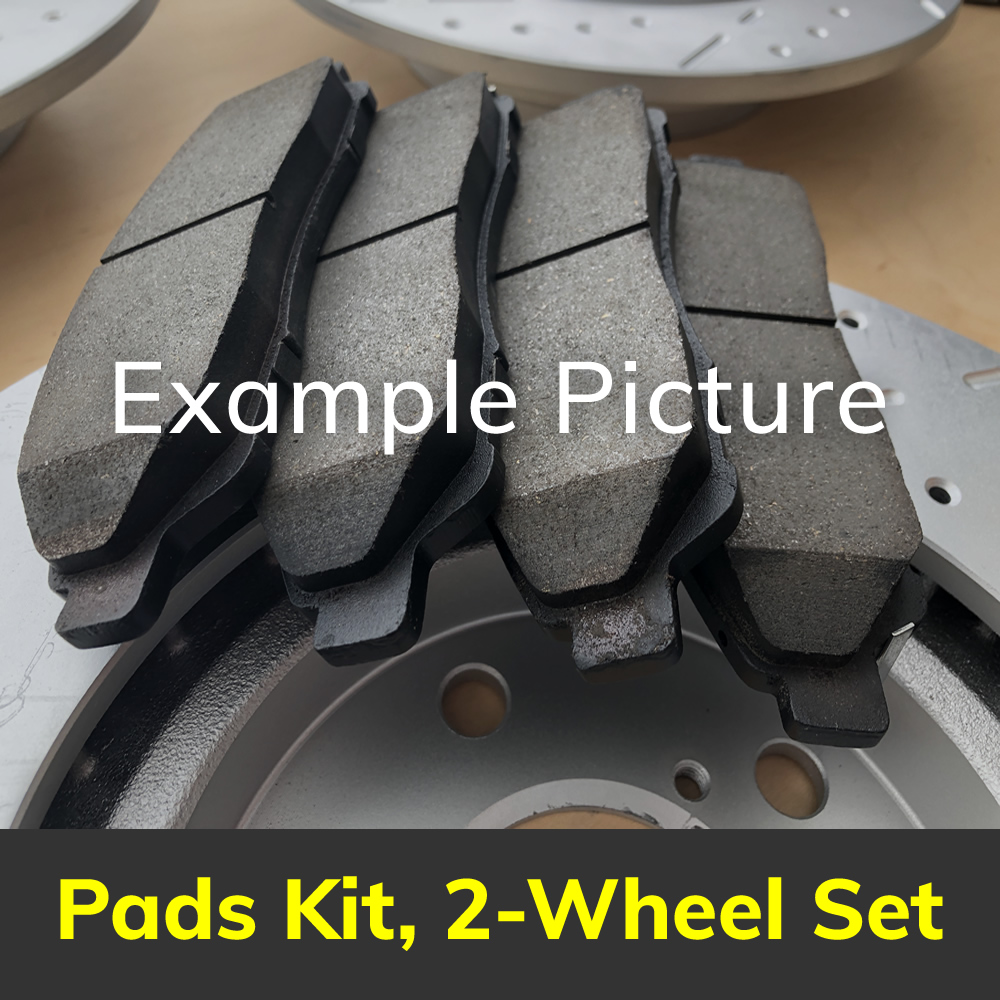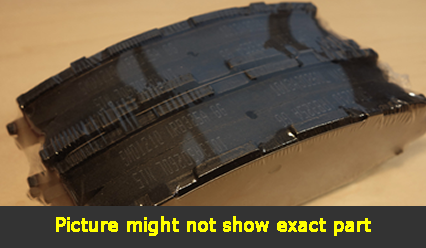2000 Toyota RAV4 Brake Rotors and Pads
Click here to search another vehicle
All Rotors:
OEM x
Coated x
Drilled, Slotted and Coated x
Front x
Rear x
All Pads:
Ceramic x
Semi-metallic x
Front x
Rear x
Found 4 record

Part No: BD35038
Raybestos: 9634
OE: 4243128100
Raybestos: 9634
OE: 4243128100
$35.37 each
Per Car QTY: 2

Part No: BR31208
Raybestos: 96613
OE: 4351242010
Raybestos: 96613
OE: 4351242010
$24.01 each
Per Car QTY: 2

Part No: PD562C
Raybestos: 562
OE:
Raybestos: 562
OE:
$32.17 each
Per Car QTY: 1

Part No: SMD562
Raybestos:
OE:
Raybestos:
OE:
$20.86 each
Per Car QTY: 1
How to Choose Brakes for Your 2000 Toyota RAV4
If your 2000 Toyota RAV4 is in need of new brakes, it's essential to choose the right ones to ensure optimal braking performance and safety. With many options available in the market, it can be overwhelming to make the best choice for your vehicle. This article will guide you through the process of selecting brakes for your 2000 Toyota RAV4.
Consider Driving Style and Conditions:
First, consider your driving style and typical driving conditions. Are you a daily commuter who primarily drives in the city or a frequent traveler on highways? Do you drive aggressively or more conservatively? Understanding your driving habits will help you determine the type of brake pads that will best suit your needs.
1. Traditional Brake Pads:
Traditional brake pads are made from organic and semi-metallic compounds. They are cost-effective, provide adequate braking performance, and work well in most driving conditions. However, they tend to produce more brake dust and can wear down faster.
2. Ceramic Brake Pads:
Ceramic brake pads are made from a combination of ceramic materials, copper fibers, and other composite materials. They offer improved stopping power, produce less brake dust, and generate less noise. Ceramic brake pads are an excellent choice for city driving, daily commuting, or if you have a lighter driving style.
3. Performance Brake Pads:
If you drive more aggressively or frequently tow heavy loads, performance brake pads may be the best option for your 2000 Toyota RAV4. They are made of a semi-metallic compound and deliver superior stopping power, especially at high speeds. However, they may produce more noise, generate additional brake dust, and wear down rotors more quickly.
Understand Brake Rotor Options:
Along with brake pads, it's essential to consider the condition of your brake rotors. If your rotors are worn or damaged, it's highly recommended to replace them along with the brake pads. Here are a few rotor options you can choose from:
1. Standard Brake Rotors:
Standard brake rotors are the most common option for everyday driving. They are cost-effective and durable. Standard rotors provide reliable braking performance and are suitable for most drivers.
2. Slotted Brake Rotors:
Slotted brake rotors have slots cut into the surface, which allows heat, gas, and water to escape more efficiently. Slotted rotors improve braking performance, prevent brake fade, and can be a good choice if you frequently drive in wet conditions or down steep hills.
3. Drilled Brake Rotors:
Drilled brake rotors have holes drilled into the rotor surface. They provide excellent cooling properties, reducing the risk of brake fade and increasing brake performance. However, drilled rotors are more prone to cracking under intense braking and may not be suitable for vehicles driven under extreme conditions.
Consult with a Professional:
While researching and understanding different brakes and rotors is crucial, it's always recommended to consult with a professional mechanic or a trusted brake specialist. They can provide valuable insights, recommend specific brake brands or models based on your vehicle and driving needs, and ensure proper installation.
Prioritize Quality and Reliability:
While it may be tempting to choose inexpensive brake options, it's essential to prioritize quality and reliability. Brakes are critical safety components, and compromising on quality can have severe consequences. Opt for reputable brands that offer warranties, quality guarantees, and positive customer reviews.
In conclusion, selecting the right brakes for your 2000 Toyota RAV4 involves considering your driving style, typical driving conditions, and understanding different brake pad and rotor options. Consult with a professional, prioritize quality and reliability, and make an informed decision that prioritizes safety and performance.
If your 2000 Toyota RAV4 is in need of new brakes, it's essential to choose the right ones to ensure optimal braking performance and safety. With many options available in the market, it can be overwhelming to make the best choice for your vehicle. This article will guide you through the process of selecting brakes for your 2000 Toyota RAV4.
Consider Driving Style and Conditions:
First, consider your driving style and typical driving conditions. Are you a daily commuter who primarily drives in the city or a frequent traveler on highways? Do you drive aggressively or more conservatively? Understanding your driving habits will help you determine the type of brake pads that will best suit your needs.
1. Traditional Brake Pads:
Traditional brake pads are made from organic and semi-metallic compounds. They are cost-effective, provide adequate braking performance, and work well in most driving conditions. However, they tend to produce more brake dust and can wear down faster.
2. Ceramic Brake Pads:
Ceramic brake pads are made from a combination of ceramic materials, copper fibers, and other composite materials. They offer improved stopping power, produce less brake dust, and generate less noise. Ceramic brake pads are an excellent choice for city driving, daily commuting, or if you have a lighter driving style.
3. Performance Brake Pads:
If you drive more aggressively or frequently tow heavy loads, performance brake pads may be the best option for your 2000 Toyota RAV4. They are made of a semi-metallic compound and deliver superior stopping power, especially at high speeds. However, they may produce more noise, generate additional brake dust, and wear down rotors more quickly.
Understand Brake Rotor Options:
Along with brake pads, it's essential to consider the condition of your brake rotors. If your rotors are worn or damaged, it's highly recommended to replace them along with the brake pads. Here are a few rotor options you can choose from:
1. Standard Brake Rotors:
Standard brake rotors are the most common option for everyday driving. They are cost-effective and durable. Standard rotors provide reliable braking performance and are suitable for most drivers.
2. Slotted Brake Rotors:
Slotted brake rotors have slots cut into the surface, which allows heat, gas, and water to escape more efficiently. Slotted rotors improve braking performance, prevent brake fade, and can be a good choice if you frequently drive in wet conditions or down steep hills.
3. Drilled Brake Rotors:
Drilled brake rotors have holes drilled into the rotor surface. They provide excellent cooling properties, reducing the risk of brake fade and increasing brake performance. However, drilled rotors are more prone to cracking under intense braking and may not be suitable for vehicles driven under extreme conditions.
Consult with a Professional:
While researching and understanding different brakes and rotors is crucial, it's always recommended to consult with a professional mechanic or a trusted brake specialist. They can provide valuable insights, recommend specific brake brands or models based on your vehicle and driving needs, and ensure proper installation.
Prioritize Quality and Reliability:
While it may be tempting to choose inexpensive brake options, it's essential to prioritize quality and reliability. Brakes are critical safety components, and compromising on quality can have severe consequences. Opt for reputable brands that offer warranties, quality guarantees, and positive customer reviews.
In conclusion, selecting the right brakes for your 2000 Toyota RAV4 involves considering your driving style, typical driving conditions, and understanding different brake pad and rotor options. Consult with a professional, prioritize quality and reliability, and make an informed decision that prioritizes safety and performance.


